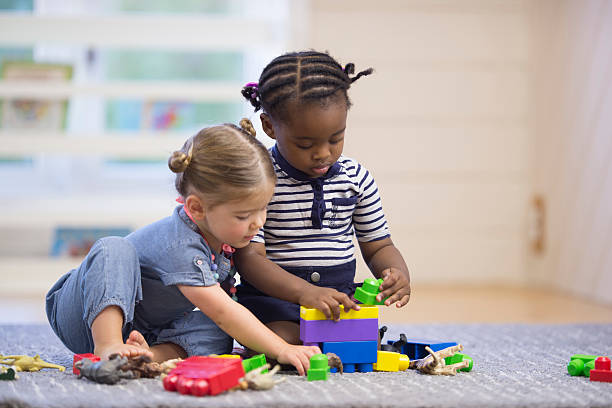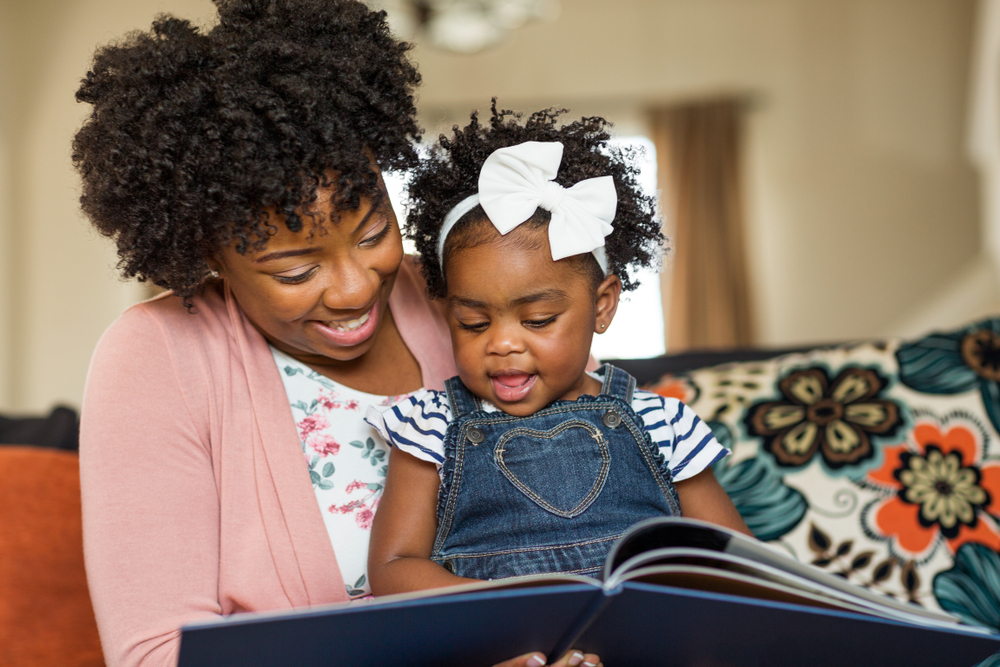Studies

|
If you have a baby between 6 and 36 months old
Register your family for Harvard's developmental science database to be contacted when your child is eligible for a study. We conduct studies at our lab on campus at Harvard and online! |
|
How specific are children's ideas of what words sound like and what they mean? 9 months - 2 years
When children learn words, they have to learn both what a word sounds like (or its phonological form) and what it means (its semantic form). When they start, are they really precise, or kind of fuzzy? Do they pay attention to the difference between "dog" and "doog" or "bear" and "gare"? Do they land on the exact definition of a dog, or would they let it slide if you called a related animal (like a cat) a dog? We're looking at how these skills develop during the first two years of a baby's life, and we may also see how sound and meaning skills impact each other by showing children an eye tracking video. |
|
|
How many times do you need to hear a new word to learn it? 13-22 months
Right around 12-14 months old, prior research has found that babies' ability to learn a new word improves rapidly, and the set of words they know starts growing by the day. We're asking what other skills are important to hitting this milestone. Does it matter for you to understand social cues like pointing? Do you have to be able to predict what word is coming next in a sentence? How about recognizing real words vs. similar fake words? How do all of these skills change over time? If you have a child between 10 and 16 months old, we might invite them to the lab to do an eye tracking study, watch a short video, or play a game with a researcher! |
|
|
What developmental skills give you a word-learning boost? 10-16 months
We think that the number of times children need to be exposed to a new word before they know what it means changes as they grow up. We're curious if that is also related to how many other words they already know. Families in this study will be asked to read a picture book at home for a few weeks before coming in to take part in an eye tracking session! |
|

|
If your child has a severe-to-profound visual impairment
We are conducting studies about language development in children with severe-to-profound vision loss. This study has two components that can be conducted at home: parent surveys and an audio recording. Families located anywhere in the US can participate. For families local to the Boston, MA area, there are additional optional in-person components. Contact bergelsonlab@fas.harvard.edu if interested! |

|
If your child has severe-to-profound hearing loss and uses a cochlear implant
We are conducting studies about language development in children with severe-to-profound hearing loss in both ears. This study has one component that can be conducted at home: parent surveys. Families located anywhere in the US can participate. For families local to the Boston, MA area, there are additional optional in-person components. Contact bergelsonlab@fas.harvard.edu if interested! |